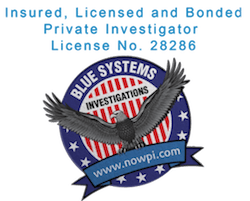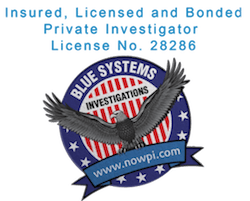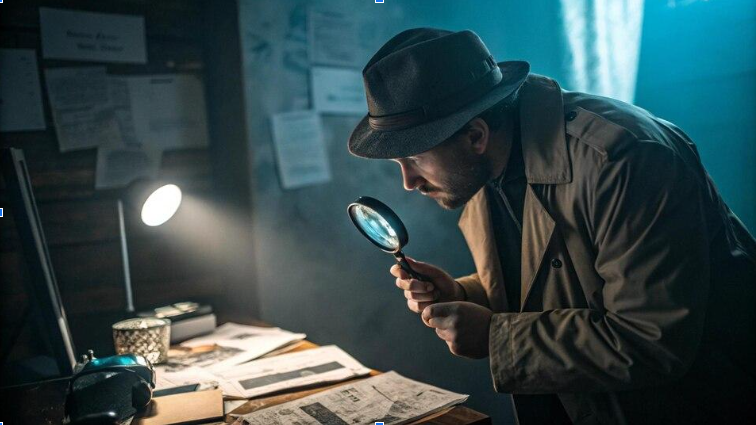Latest Blog Posts
August 15, 2019
August 15, 2019
August 15, 2019
Follow us on Facebook
Certification
CA Private Investigator
License No. 28286
PI Services
Locations Served
Client Intake Forms
Martin Luther King had confounded legacy on firearm brutality
Martin Luther King had confounded legacy on firearm brutality
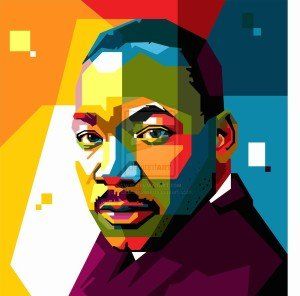
Martin Luther King
Martin Luther King Jr. was encompassed by weapons, despite the fact that he didn’t care for them.
On occasion, outfitted infantrymen secured the Baptist minister and his crew. As he drove challenges over the provincial South, King regularly remained in closeness of weapons — wielded by neighborhood police, state troopers or antagonistic individuals in the group.
On April 4, 1968, King got to be one of America’s most renowned casualties of firearm brutality.
Generally as firearms were a confounded issue for King in his lifetime, they pose a potential threat over the 30th commemoration of the occasion regarding his birthday. Urban brutality, mass shootings and killings of unarmed dark guys by police have created alert, touched off challenges and resuscitated the country’s discussion about weapon control. President Barack Obama as of late made official move to fix government weapon limitations, summoning King as he encouraged nationals to press for change.
Inside the social liberties development, a few activists saw firearms as an important method for self-protection. As a Southerner, King comprehended that solid society of weapon ownership, despite the fact that he came to reject it, said Charles E. Cobb, Jr., a previous field secretary for the Student Nonviolent Coordinating Committee and writer of the book, “This Nonviolent Stuff’ll Get You Killed: How Guns Made the Civil Rights Movement Possible.”
“In the event that you went to King’s home in 1955 or 1956, there were weapons,” Cobb said in a meeting. “When they shelled his home in 1956, his first impulse was to apply for a firearm license. He moves toward peacefulness gradually. By the 1960s, he deserted the thought of weapons for self-preservation.”
A few blacks, Cobb reviewed, flippantly alluding to their own weapons as “peaceful guns.”
“They would say, even as they were cleaning their rifles, that they were so happy to be a piece of the development,” Cobb said. “They knew King would not have been conveying a weapon, so individuals’ state of mind was, ‘We’re not going to let the white individuals execute him.'”
The Rev. Jesse Jackson, a King associate who was at the Lorraine Motel in Memphis, Tennessee, when King was shot and murdered, said King was aware of the part of firearms.
“Dr. Lord’s point was that the insurance of one’s house is undeniable, yet he rushed to add that will probably shoot a relative or submit suicide (with a firearm),” Jackson said. “He declined to keep a firearm in his home therefore.”
After his house was bombarded, King disposed of his firearm and shunned weapons, said King lieutenant Andrew Young. Before joining King, Young possessed a shotgun and a handgun. The development did not censure protective viciousness, Young clarified; King just did not take part in it.
“He chose he was not going to have a weapon, and he didn’t need anyone with firearms around him,” Young said.
In his book, Winkler composes that after the 1956 bombarding, which happened amid the Montgomery Bus Boycott, King connected for a covered convey grant. He was denied by a district sheriff.
That occurrence has driven some to hold onto King as a supporter of the Second Amendment. In 2014, reporter Colion Noir posted a video on NRANews.com refering to King’s weapon grant application as confirmation that he was not contradicted to firearms.
“Dr. Lord was a peaceful man, however even he comprehended the substances of self-preservation and ensuring his home and his family notwithstanding life-undermining roughness,” said Noir.
After President John Kennedy was murdered in 1963, Young recalled King letting him know: “Weapons will be the passing of this nation.”
“He said, Kennedy had Secret Service around him with firearms and they couldn’t ensure him, which says weapons can’t secure you,” Young said.
By assemblage of King’s works and addresses by Stanford University student of history Clayborne Carson, King said in November 1963 that Kennedy’s death could be faulted to some extent for Americans’ easygoing demeanors about firearm savagery.
Ruler said: “By our availability to permit arms to be obtained voluntarily and let go at impulse, by permitting our motion picture and TV screens to educate our youngsters that the legend is one who experts the specialty of shooting and the procedure of killing, by permitting every one of these improvements, we have made an environment in which brutality and scorn have ended up prominent leisure activities.”
Ruler’s peaceful mindset distinct difference a conspicuous difference to those outfitted, abhor topped whites who flaunted serene dissents, and the more radical dark gatherings that rose later, said King biographer Taylor Branch.
“Indeed, even after dark force made firearms sort of prevalent in the radical development, King said he would never convey a weapon,” Branch said. “He dismisses all types of roughness and got more grounded on it as he came.”
Cobb, be that as it may, said a significant number of King’s adherents “felt their obligation was to ensure the development, get a rifle” and head out dangers.
“They didn’t see any disagreement between saying they were a piece of the peaceful development and keeping their weapons perfect and prepared,” Cobb said.
“He chose he was not going to have a weapon, and he didn’t need anyone with firearms around him,” Young said.
In his book, Winkler composes that after the 1956 bombarding, which happened amid the Montgomery Bus Boycott, King connected for a covered convey grant. He was denied by a district sheriff.
That occurrence has driven some to hold onto King as a supporter of the Second Amendment. In 2014, reporter Colion Noir posted a video on NRANews.com refering to King’s weapon grant application as confirmation that he was not contradicted to firearms.
“Dr. Lord was a peaceful man, however even he comprehended the substances of self-preservation and ensuring his home and his family notwithstanding life-undermining roughness,” said Noir.
After President John Kennedy was murdered in 1963, Young recalled King letting him know: “Weapons will be the passing of this nation.”
“He said, Kennedy had Secret Service around him with firearms and they couldn’t ensure him, which says weapons can’t secure you,” Young said.
By assemblage of King’s works and addresses by Stanford University student of history Clayborne Carson, King said in November 1963 that Kennedy’s death could be faulted to some extent for Americans’ easygoing demeanors about firearm savagery.
Ruler said: “By our availability to permit arms to be obtained voluntarily and let go at impulse, by permitting our motion picture and TV screens to educate our youngsters that the legend is one who experts the specialty of shooting and the procedure of killing, by permitting every one of these improvements, we have made an environment in which brutality and scorn have ended up prominent leisure activities.”
Ruler’s peaceful mindset distinct difference a conspicuous difference to those outfitted, abhor topped whites who flaunted serene dissents, and the more radical dark gatherings that rose later, said King biographer Taylor Branch.
“Indeed, even after dark force made firearms sort of prevalent in the radical development, King said he would never convey a weapon,” Branch said. “He dismisses all types of roughness and got more grounded on it as he came.”
Cobb, be that as it may, said a significant number of King’s adherents “felt their obligation was to ensure the development, get a rifle” and head out dangers.
“They didn’t see any disagreement between saying they were a piece of the peaceful development and keeping their weapons perfect and prepared,” Cobb said.
The post Martin Luther King had confounded legacy on firearm brutality appeared first on Blue Systems International.
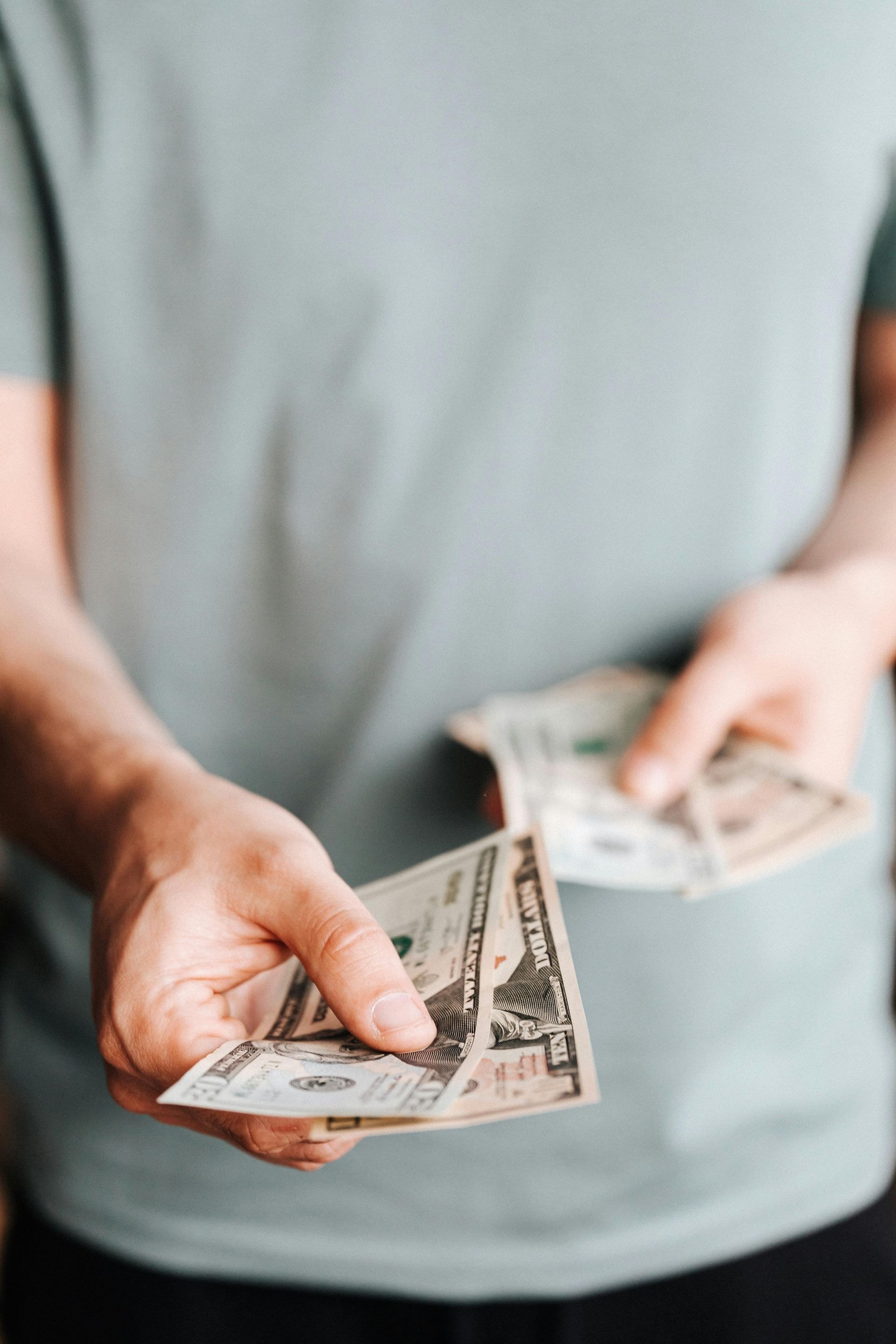
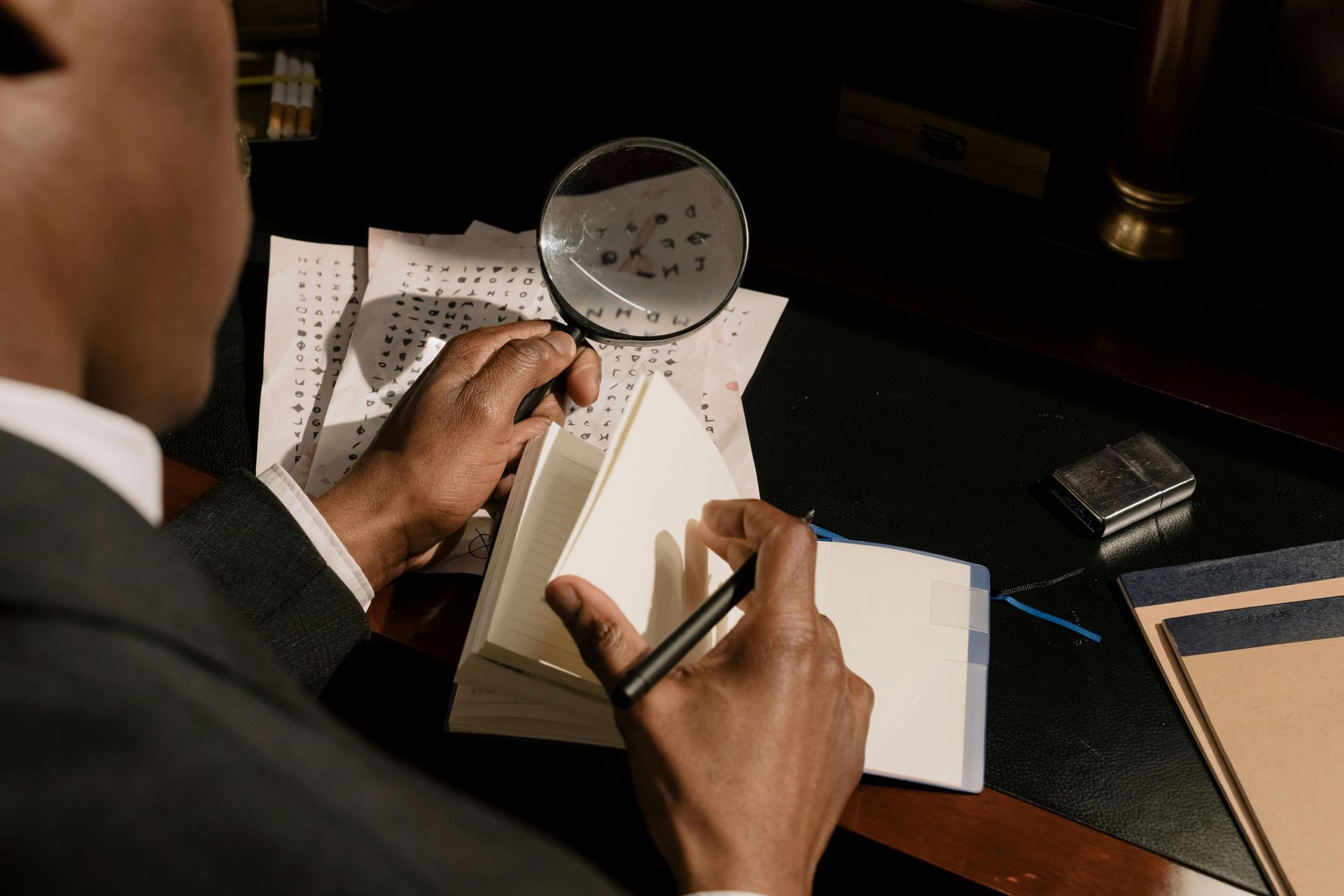
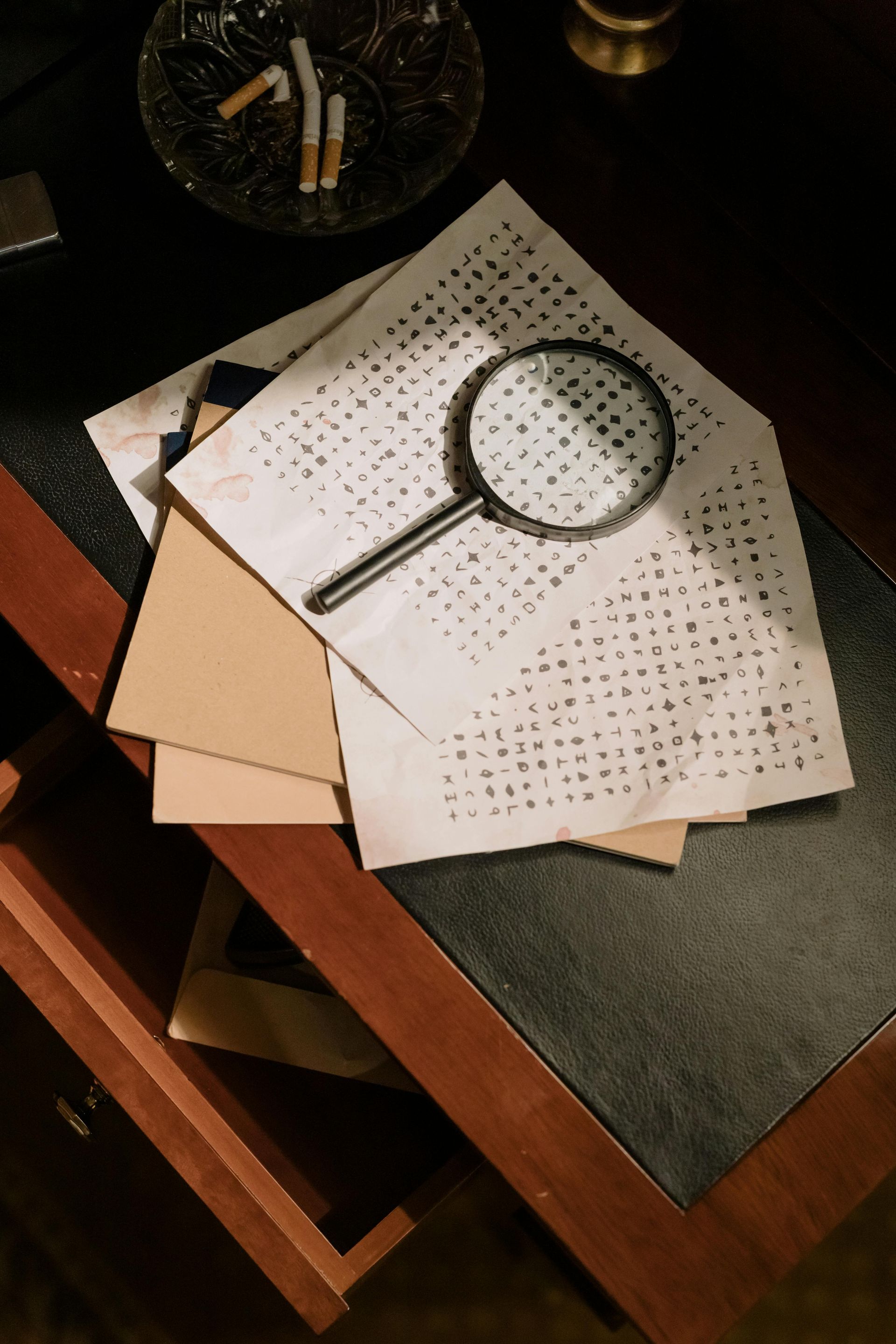
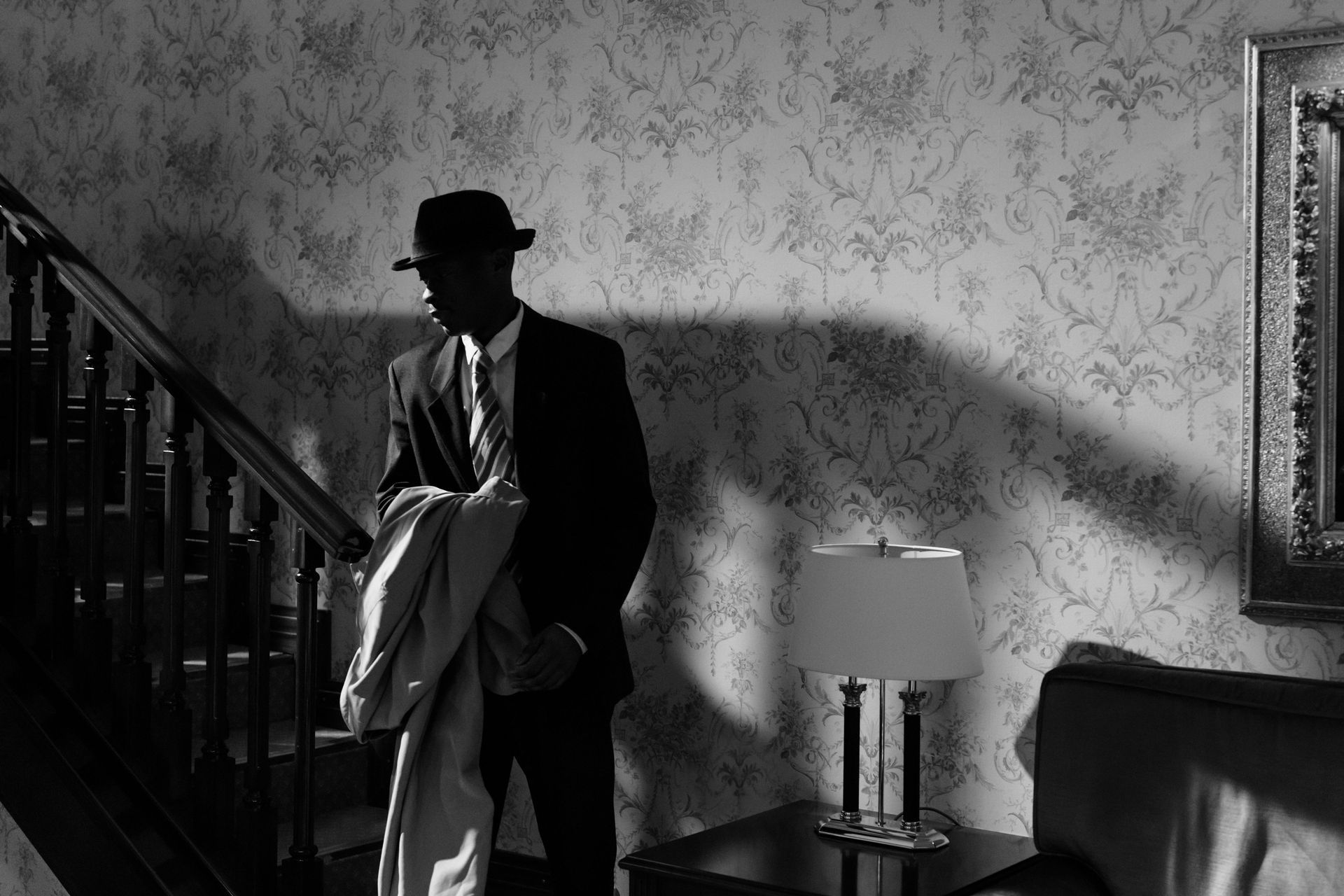
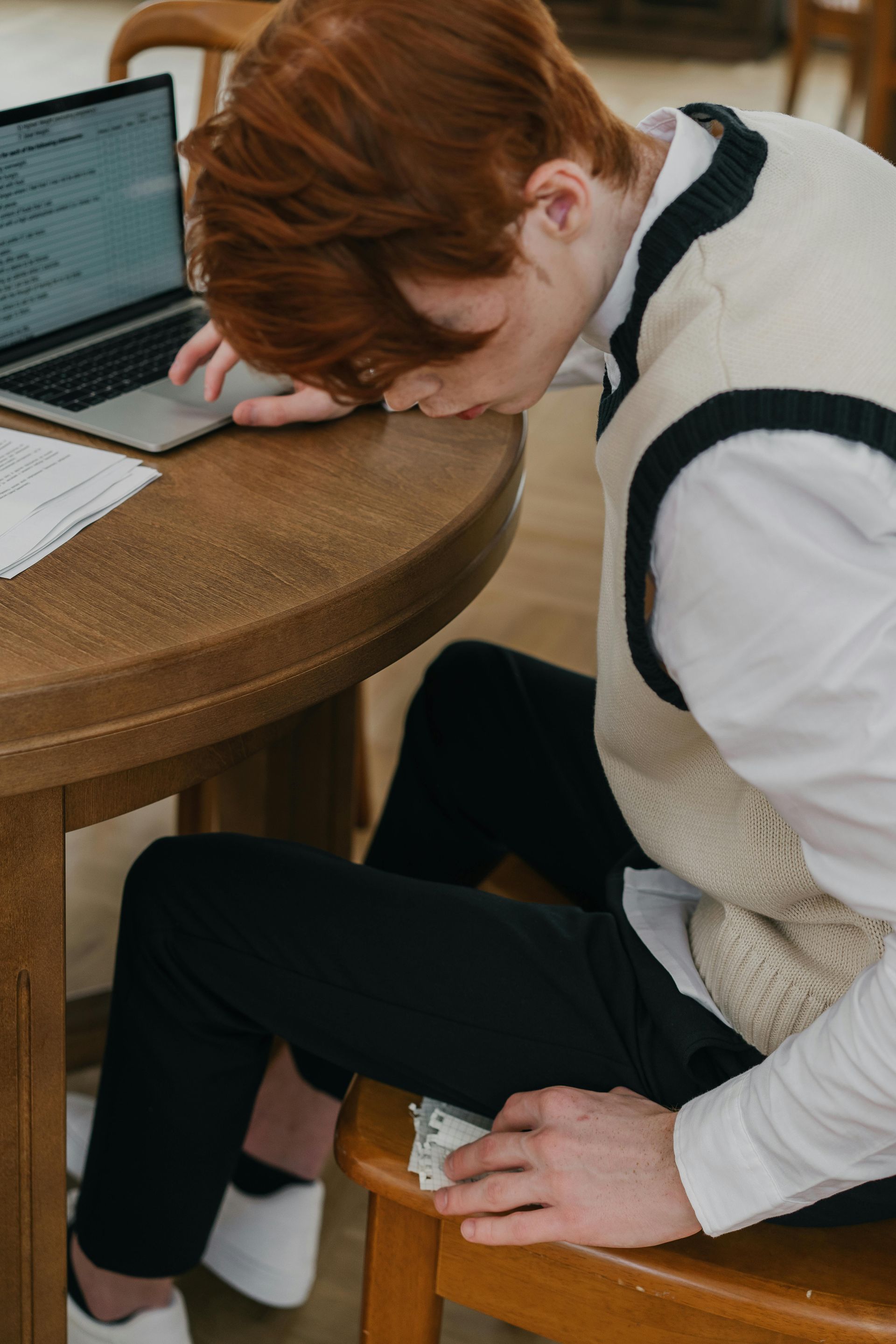
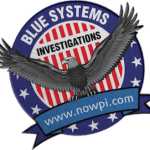
Blue Systems International (BSI) provides professional, licensed, insured, and bonded private investigator services. Our experienced and dedicated team is committed to delivering exceptional results, helping clients achieve justice and peace of mind. At BSI, we pride ourselves on exceeding expectations and offering reliable support every step of the way.
LOCATIONS
SATELLITE OFFICES
(by appointment only)
WESTMINSTER
LOS ANGELES
VICTORVILLE
SERVICES
PRIVATE INVESTIGATOR AGREEMENT
Per your conversation and consultation with the private investigator, please complete the private investigator agreement.
- Please review and fill out agreement at the link above.
- Enter the amount of $ retainer you were quoted during the consultation.
- Sign, Email, fax back to 1-800-430-3887 with a copy of your ID and credit card.
- You may also mail a check to:
- Blue Systems International
P.O Box 4415
Westminster, CA 92684
Please make sure the agreement is filled out correctly and don't forget to include a copy of your identification and credit card.
© 2024 NowPI.com. All Rights Reserved.
